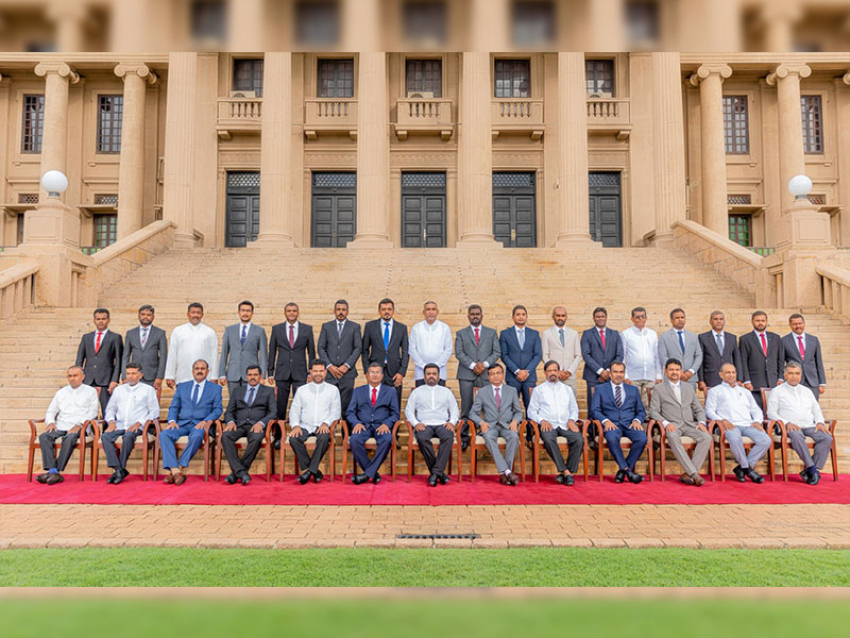Twenty volunteers were immunised in the United States. Scientists at the US National Institutes of Health (NIH) described the results as “promising”. The research is published in the New England Journal of Medicine (NEJM). None of those immunised suffered major side-effects and all produced antibodies. Dr Anthony Fauci of the NIH told the BBC: “On safety and on the ability to produce an appropriate immune response we can call this trial an unqualified success, even though it was an early Phase One trial.” The volunteers were divided into two groups, receiving either a low or high dose. The antibody response was stronger among those receiving the higher dose. The investigators found that seven of the high dose and two of the lose dose volunteers produced T-cell immune responses, which may be important in protection against Ebola viruses. The vaccine uses a chimpanzee cold virus which has been genetically engineered to carry a non-infectious Ebola protein on its surface.
The volunteers were injected starting in September, and each showed a positive result for Ebola antibodies in blood tests within four weeks. The 10 volunteers in the higher-dose group developed higher antibody levels, the NIH said. In addition, two of the lower-dose group and seven of the higher-dose group developed a kind of immune cell called CD8 T cells, which are an important part of the body’s response against disease.
“We know from previous studies in non-human primates that CD8 T cells played a crucial role in protecting animals” who got the vaccine and then were exposed to Ebola, said researcher Julie Ledgerwood, the trial’s principal investigator. None of the volunteers experienced serious side effects within the study period, though two had a brief, mild fever within the 24 hours after the injection. The vaccine uses a modified chimpanzee cold virus to deliver segments of genetic material from the Ebola virus. The genetic material cannot spread in the body like the virus does, but can still prompt the antibody response. Another experimental vaccine that has shown promising results in primates is the Canadian VSV-EBOV, licensed by US firm NewLink Genetics. It is also in early stages of human testing.




















